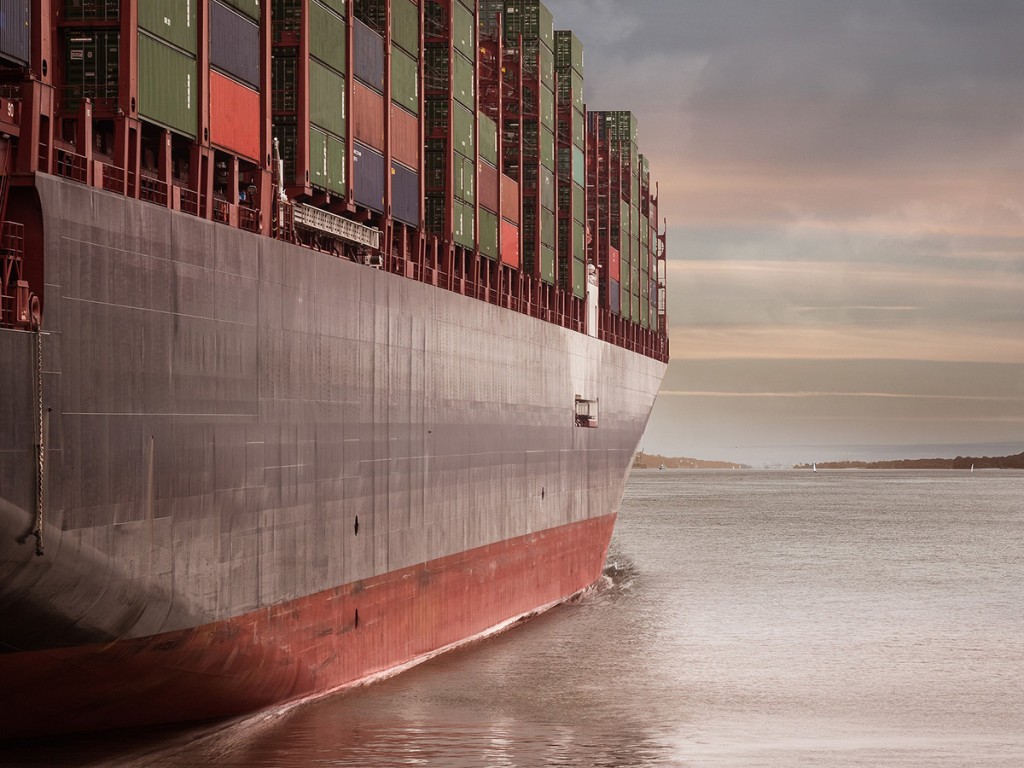
Sustainability is an important subject when faced with pollution and climate change. However, what is it that stands between logistics companies and achieving sustainability? Well, let’s cover the top challenges of sustainable logistics and how to overcome them to find out!
Inefficient shipping methods
The first of the challenges of sustainable logistics is inefficient shipping methods. Now, this might sound confusing. However, all it comes down to in the end: logistics companies, in their need to get their shipments out quickly, tend to make more runs than they necessarily need to. This, in turn, leads to higher emission levels and the production of harmful greenhouse gases. A good example is how many companies opt for air freight, which can handle smaller shipment loads and needs to make several trips just to match up to one round of ocean freight shipment. Ocean freight shipment, on the other hand, can handle larger shipments and is more fuel-efficient, too. Picking truck transportation over railway shipments is the same, too. If the tempo of deliveries can be adjusted, slower transportation methods can grow in popularity.
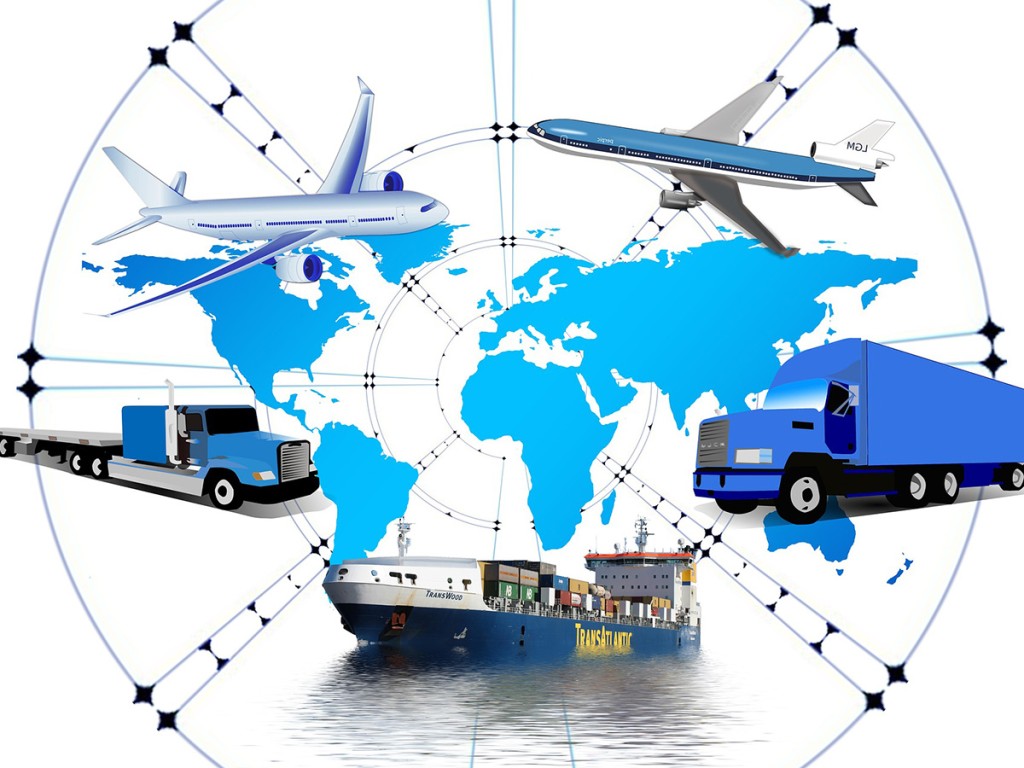
The cost concerns that hinder sustainable logistics
Interestingly enough, one of the biggest challenges of sustainable logistics revolves around cost. In order to bridge the gap between sustainability and the current state of logistics, a lot of effort will need to be put into research and development of better logistics solutions. Naturally, this means a lot of money will need to be spent on it. Even if we ignore that, many short-term profits need to be sacrificed to make a switch. For example, ocean freight and railway freight, which we already discussed, are cheaper than their alternatives. However, the process of switching over to them would cause problems with hitting deadlines, switching the mode of operation, and more. This could spell bankruptcy for smaller logistics companies just looking to learn more about the business and stay solvent. Only big companies could make the switch ‘easily’.
A lacking support network for sustainable logistics
Another challenge standing in the way of sustainable logistics is a lacking support network. In simple terms, it means that if just a few businesses make the switch, they will soon find themselves struggling. After all, as the experts from Hansen Bros. Moving & Storage point out, a lot of businesses depend on each other. Movers need to work with moving supply providers, cleaners, and more. Similarly, if you want to switch to sustainable logistics, things start to fall apart the first time you try to cooperate with a business that hasn’t yet switched or refuses to do it. While it is not at the level of an ‘all or nothing’ scenario, for sustainable logistics to actually work, most logistics businesses need to subscribe to the practice.
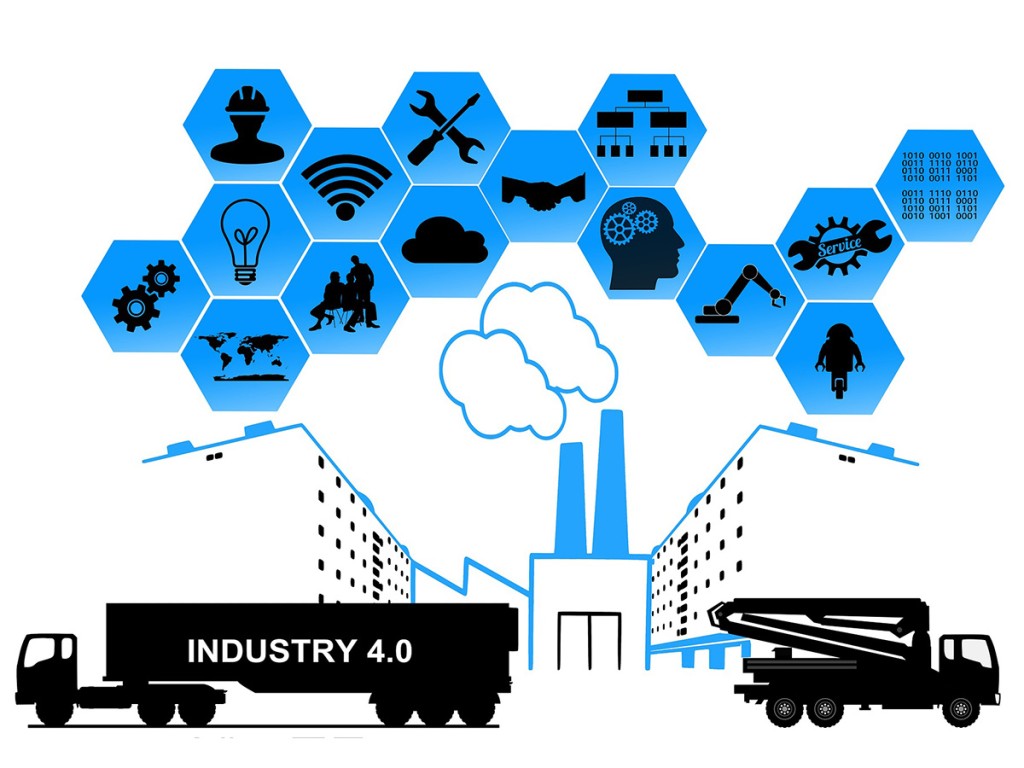
The difficulty of making the switch in the first place
Speaking of cooperation and the majority of businesses working together to instill change, there are inherent difficulties, too. After all, businesses have their mode of operation set up in a particular way. Right now, things can continue to run relatively well since things are already running ‘habitually’. However, the level of cooperation and management needed to make a full-on switch to sustainable logistics is considerable. The businesses would need to find different methods of transportation. They might need to switch out a lot of their vehicles and equipment. And they would even be forced to train their employees in the new methods. Considering the fact that there is already a workforce shortage in the field of logistics, this would be difficult to pull off. It would take months, if not years, for all businesses to master the new training methods and reliably prepare their employees for their jobs.
Picking suitable suppliers for sustainable logistics
We also need to take into account the fact that finding suppliers that practice sustainability can be difficult. Realistically speaking, a lot of production methods are not sustainable at all. If logistics companies want to fully follow their commitment to sustainability, they would likely need to either negotiate with their suppliers or find new ones entirely. And this means that business owners involved in logistics would need to convince people in an entirely different field to switch to sustainability, too. Finding reliable logistics companies and suppliers from which to choose the trustworthy partners is already challenging, so it would take a lot of time and resources to do it all over again. Of course, if cooperation can be achieved between the two different fields of business, it would be pretty easy for everyone involved to switch to sustainability.
The lack of desire to achieve change
At the end of this list of the challenges of sustainable logistics is a lack of desire to make the switch. This is partly due to all the difficulties the challenges we’ve already discussed pose. It can be intimidating to stand at the forefront of making such a significant change, after all. Of course, another part of the equation is that it’s much easier to just let things stay the same. Lots of business owners hate change due to the instability and unpredictability it can bring. So, they do not feel the tiniest bit tempted to switch to sustainable methods of doing business. The only way to change this is to be the first to lead by example. If more and more businesses start working on sustainability, the rest will eventually follow along. In addition, new supply chain technologies that make achieving sustainability easier might work to motivate them.
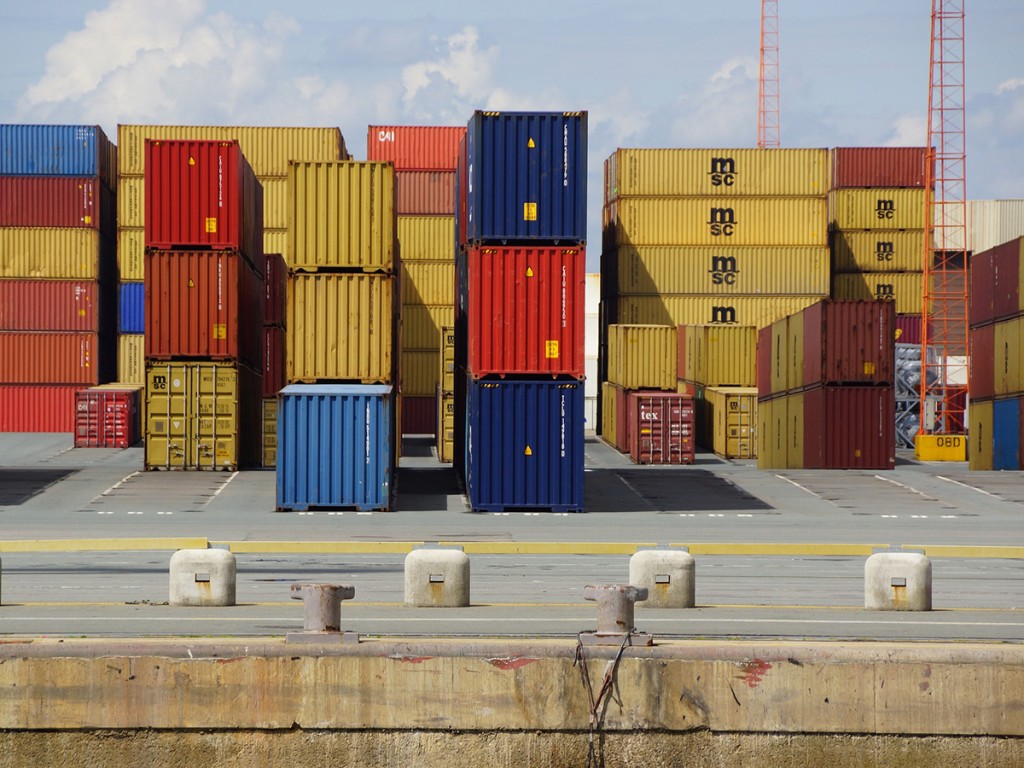
Working on the future of logistics together
As you can see, the top challenges of sustainable logistics and how to overcome them require us to work toward change together. If logistics companies can slowly band together to make the change, the world of logistics will be sustainable in no time!
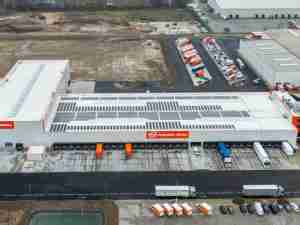

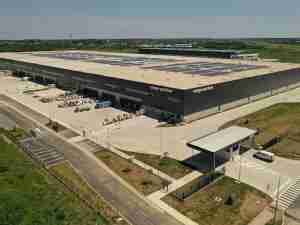


_-_28de80_-_d88095865f9f1cbb4ecdd37edf61c63efd603428_lqip.png)

